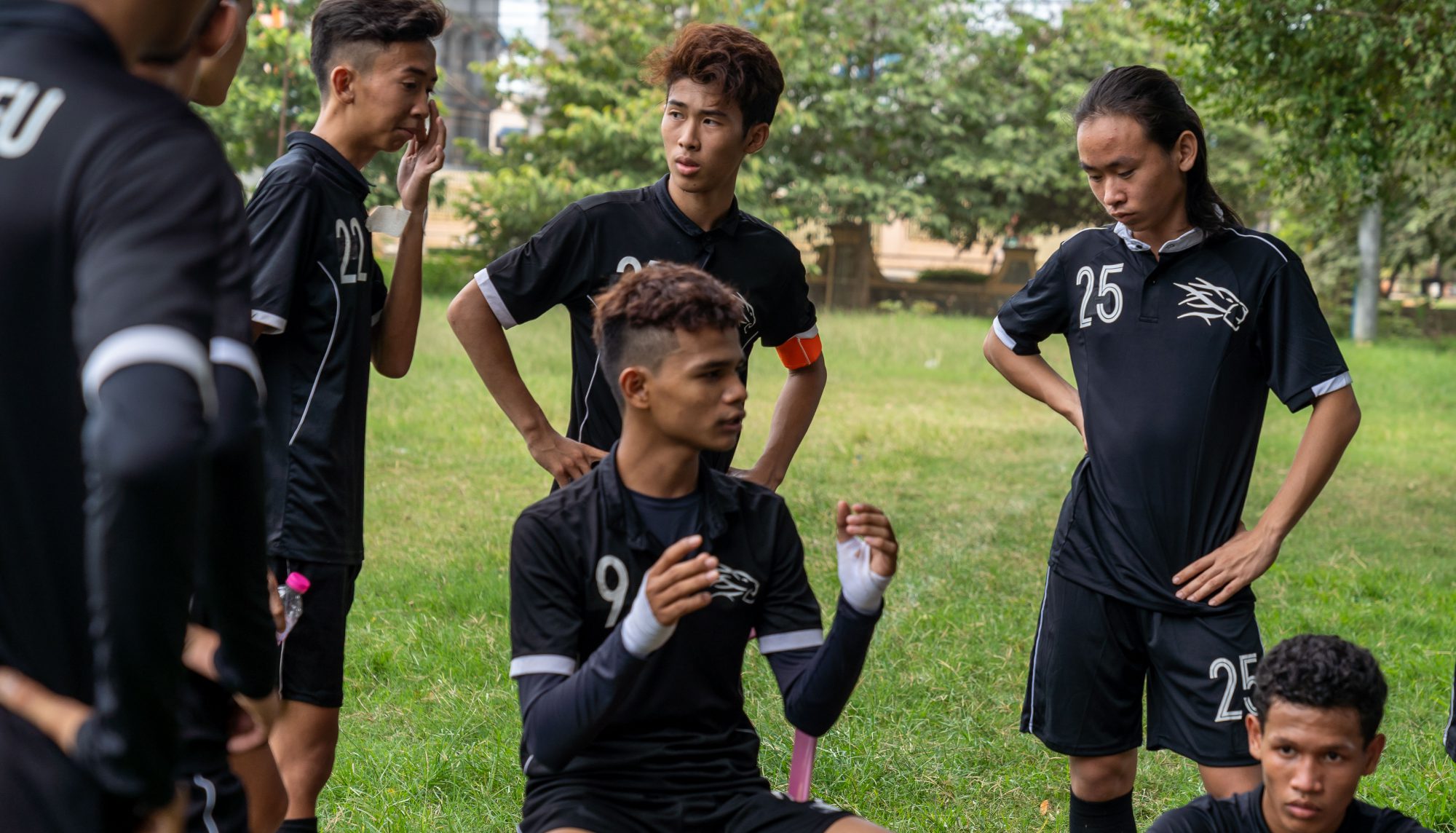Exploration: Bunong minority
Number of students: 12
Duration: 10 Aug-30 Sep
Learning Facilitators: Phearun/ Jaime
Essential Questions:
What are the values and traditions for Bunong minorities?
How have they preserved their cultural traditions sustainably?
What are the issues they are facing in their living situation presently?
What are there different life cycle between Bunong and Khmer people?
What are the differences of lifestyles between Bunong and Khmer people?
How does their education differ from Liger or government schools?
What are the advantages and disadvantages of their cultural superstitions?
Description:
Almost all countries of the world are existing minorities, including Cambodia as well. There are approximately twenty indigenous minorities living in Cambodia, which most of them inhabit the Northeast and East. In this exploring project, we will basically study about Bunong people who is one of the Cambodian indigenous minorities. Students will conduct cultural studies, particularly their culture, belief, lifestyle, interaction, tradition, right, living situation and so on. In this research, students will partly focus on the present issues applying influences over their living conditions. The faith, which is a crucial component, will be proposed to students to explore as it is supposed to be a fascinating topic and different from Khmer majorities. Also, we will find out how they are able to preserve their cultural traditions even it’s currently under the management of government authorities. Increasingly, we will have a field trip to Mondulkiri, where Bunong communities are situated in, to discover directly from them by interviewing and seeing obvious aspects surrounding them. The trip will be collaborated with ICSO, which is closely working with indigenous communities in Cambodia. After seven weeks over the course, students will be able to illustrate their understandings of Bunong people and be aware of current issues they are facing, so they can find some solutions to cope with those. Students will publish a book with photographs, that will be described, they captured as their final product of the exploration to share with government schools in Cambodia, as well as the world. Additionally, they will have practiced with learning outcome skills such as interviewing, presentation, computer development and experienced learning outside the classroom and expertise with photographs.
